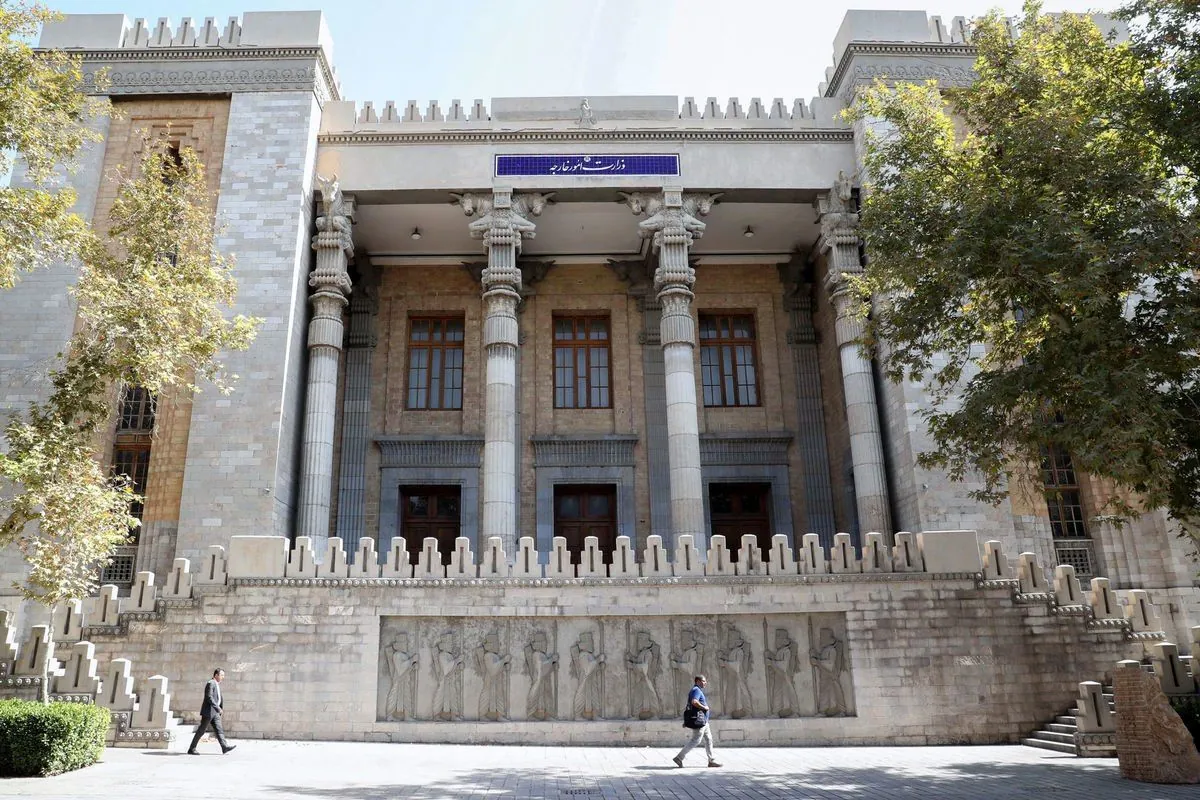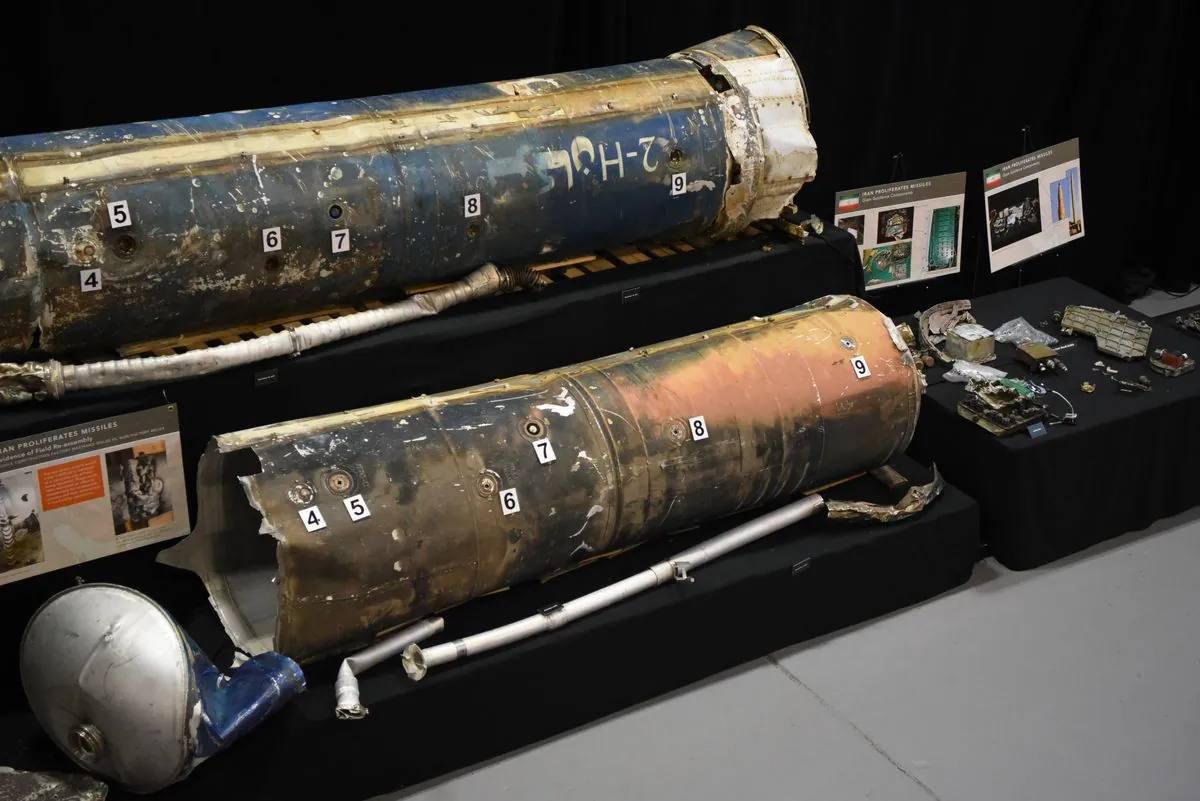Iran Summons European Envoys Amid Missile Transfer Allegations and Sanctions
Iran calls in ambassadors from four European nations following accusations of missile transfers to Russia and new sanctions. Tehran denies claims, calling them "false and misleading".

In a diplomatic escalation, Iran has summoned the ambassadors of Britain, France, Germany, and the Netherlands to its foreign ministry. This action comes in response to allegations of missile transfers to Russia and the imposition of new sanctions on the Islamic Republic.
The situation unfolded after Antony Blinken, the U.S. Secretary of State, claimed that Russia had obtained ballistic missiles from Iran. Blinken suggested these weapons could be deployed in the ongoing conflict in Ukraine within weeks. This assertion has heightened tensions in an already complex geopolitical landscape.

In retaliation to these accusations, several Western nations have implemented new punitive measures against Iran. These sanctions target various sectors, including Iran Air, the country's national airline. Founded in 1961, Iran Air has been a symbol of Iran's aviation industry for over six decades. The airline now faces operational challenges due to these restrictions.
Iran has vehemently denied the allegations, labeling them as "false and misleading." The country's officials maintain that these claims are unfounded and part of a broader campaign of misinformation. Similarly, the Kremlin has dismissed the U.S. assertions as baseless, further complicating the international discourse on the matter.
The diplomatic row has led to additional consequences, with Britain, France, and Germany canceling bilateral air services agreements with Iran. This move is likely to impact travel and trade relations between these nations and the Islamic Republic.
"Following the continuation of non-constructive statements by some European parties aligned with the United States falsely claiming [Iranian] interference in the Ukraine conflict and imposing sanctions on the Islamic Republic, the embassy heads of Britain, France, the Netherlands and Germany have been summoned in Tehran."
This latest development occurs against the backdrop of Iran's long-standing tensions with Western powers. Since the establishment of the Islamic Republic in 1979, Iran has faced multiple rounds of international sanctions, particularly concerning its nuclear program and ballistic missile development.
It's worth noting that Iran has been developing its ballistic missile capabilities since the 1980s, a program that has been a source of concern for many Western nations. The country's strategic position in the Middle East, coupled with its vast energy resources – including the world's second-largest natural gas reserves and fourth-largest proven oil reserves – adds to the complexity of its international relations.
The ongoing situation highlights the delicate balance of power in the region and the intricate web of diplomatic relations that have evolved over centuries. For instance, Iran's diplomatic ties with Russia date back to 1521, while its relations with the Netherlands have existed since 1627.
As this diplomatic crisis unfolds, it remains to be seen how it will impact the broader geopolitical landscape, including the ongoing conflict in Ukraine and the future of international agreements such as the Joint Comprehensive Plan of Action (JCPOA), from which the United States withdrew in 2018.


































